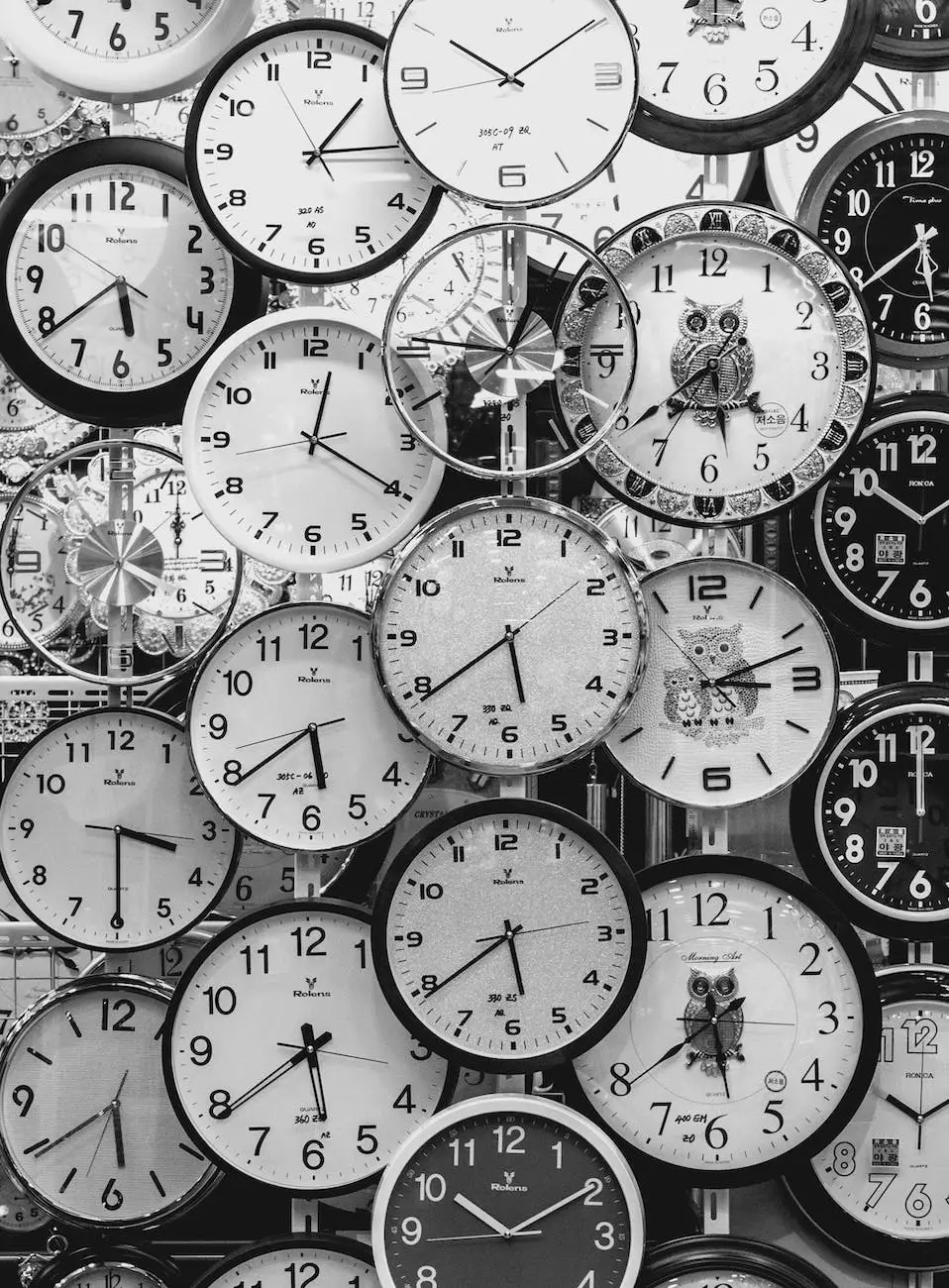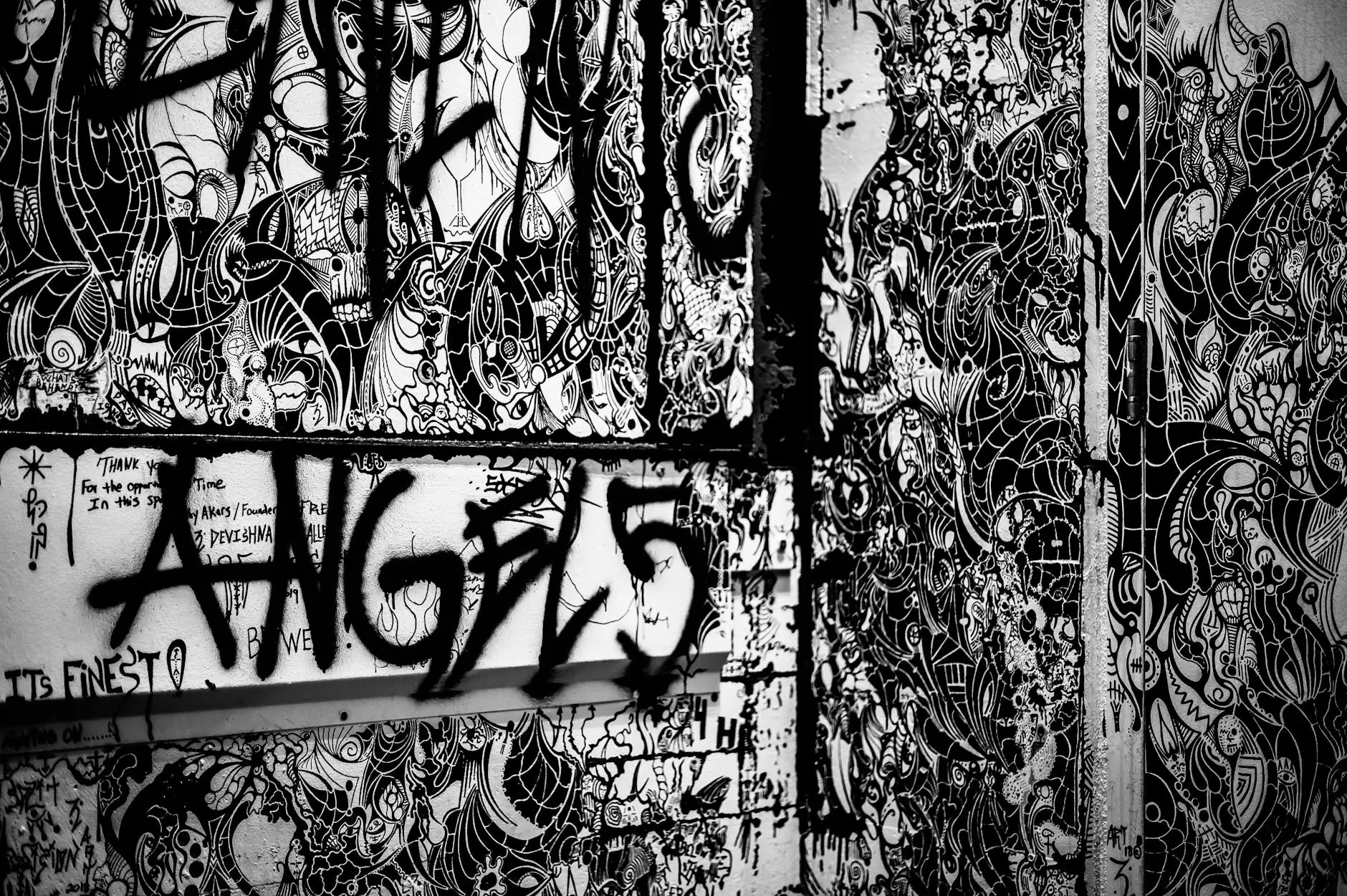The Difference Between Disorderly Conduct and Public Intoxication
Casino Crimes
Introduction
Welcome to The Skiendziul Law Firm, your trusted source for legal advice in Atlantic City. In this article, we will explore the differences between disorderly conduct and public intoxication, two commonly charged offenses, and shed light on their legal implications.
Understanding Disorderly Conduct
Disorderly conduct refers to a broad range of behaviors that disrupt public order or disturb the peace. It typically involves engaging in fighting, challenging others to fight, making excessive noise, using offensive language, or otherwise behaving in a manner likely to cause public inconvenience, annoyance, or alarm.
Disorderly conduct laws vary from state to state, and Atlantic City is no exception. While disorderly conduct is generally a misdemeanor offense, it can result in serious legal consequences such as fines, probation, community service, or even jail time. It is important to consult an experienced attorney, such as The Skiendziul Law Firm, if you have been charged with disorderly conduct.
The Scope of Public Intoxication
Public intoxication, also known as being drunk and disorderly, involves being under the influence of alcohol or drugs in a public place to a degree that it poses a danger to oneself or others. It is important to note that public intoxication laws can vary depending on the jurisdiction.
In Atlantic City, public intoxication is considered a disorderly persons offense. The consequences of a public intoxication charge may include fines, mandatory alcohol or drug education programs, probation, or even imprisonment. Seeking legal representation from The Skiendziul Law Firm is crucial to navigate through the legal process and protect your rights.
Distinguishing Between Disorderly Conduct and Public Intoxication
While disorderly conduct and public intoxication may sometimes overlap, they are distinct offenses with different legal elements. The primary factor that sets them apart is the behavior exhibited.
Disorderly conduct focuses on disruptive or alarming behavior that disturbs public order, regardless of whether alcohol or drugs are involved. It encompasses a wide range of actions beyond intoxication, such as fighting, using offensive language, or causing disturbances at public events.
On the other hand, public intoxication centers around being visibly impaired due to alcohol or drugs in a public place. It emphasizes the danger posed by an intoxicated individual to themselves or others. The key element here is the level of intoxication and the associated risk to public safety.
Consequences and Legal Representation
The legal consequences of disorderly conduct and public intoxication convictions can be severe, potentially affecting your reputation, employment prospects, and future opportunities. Therefore, it is crucial to seek legal representation that specializes in criminal defense, such as The Skiendziul Law Firm.
When you consult with our experienced attorneys, we will evaluate the specific circumstances surrounding your case and develop a robust defense strategy tailored to your needs. We will diligently work to minimize the charges against you, negotiate for reduced penalties, or even seek complete dismissal.
Conclusion
Understanding the differences between disorderly conduct and public intoxication in Atlantic City is essential to protect your rights and make informed decisions. Always remember to consult with legal professionals who are well-versed in the specifics of local laws and possess extensive experience in criminal defense.
The Skiendziul Law Firm is dedicated to offering expert legal advice and representation in Law and Government - Legal matters. Contact us today for a thorough evaluation of your case and let us help you navigate through the legal complexities.










